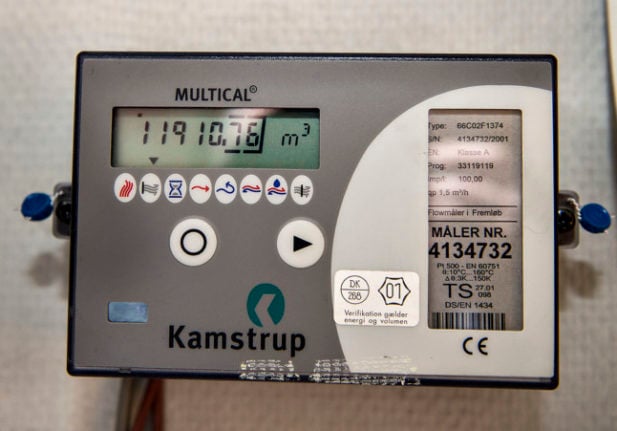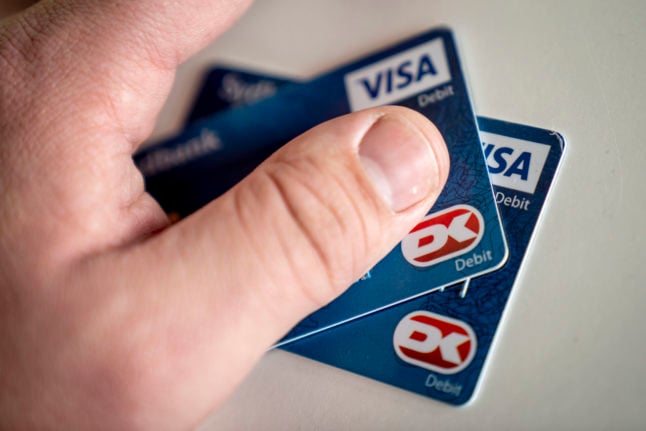Homes in areas heated by gas boilers or district heating with high gas consumption could see increases in monthly bills of up to 1,000 kroner, the Ministry of Employment said in a press statement.
The government has announced funds of 100 million kroner to be earmarked to help low-income households in affected areas to pay the high bills. Municipalities will be able to apply for the funding. Local authorities would then use the money to directly subsidise residents, the ministry said. Individual residents can already apply for the subsidies through their municipalities, minister for climate, energy and critical supplies Dan Jørgensen told broadcaster DR.
The announcement comes with high oil prices pushing up energy costs for consumers globally.
READ ALSO:
- Danish energy firm posts profits as electricity and gas prices rocket
- Why are electricity prices increasing in Denmark?
Under the proposed government initiative, the money could be used to offer subsidies to people receiving the basic state pension (folkepension) and welfare benefits (kontanthjælp) who are impacted by the price rises.
The government has also agreed with industry representative organisation Dansk Fjernvarme to spread escalating bills incrementally, according to the ministry statement. This will mean price increases will not be added to a single bill but be spread over the year. Bills are normally highest during the winter months.
“We are in an extraordinary situation whereby the price of gas for heating has increased so much that large bills can result in some areas. Not everyone can afford such an unseen expense, which is why the government has prepared a heating package that can help ease the blow from some of the price increases,” Jørgensen said in the government statement.



 Please whitelist us to continue reading.
Please whitelist us to continue reading.
Member comments